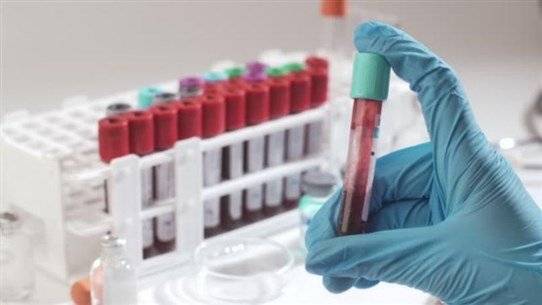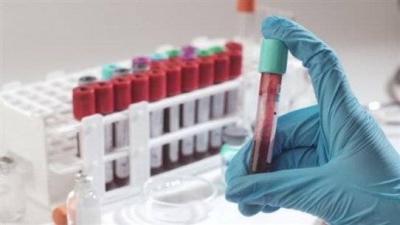Residents of the Al-Bahsa neighborhood in Babdeen gather outside Ahmed Salma's home to check on the health of his children and relatives after the number of cholera cases reached nine, who were transferred yesterday to Halba Government Hospital. The majority are children suffering from severe pains that the medications provided at home did not alleviate, and other patients were transferred to the Miniyeh Government Hospital. "For about a week, cholera symptoms have appeared in my children. We are not surprised, as diarrhea is common for us due to the contaminated water we use for bathing and washing clothes," says Salma, who resigns to the reality that "allergies and scabies fill our bodies, and we have no options; all of us use the polluted cold irrigation water."
The situation in the "Salma" neighborhood is no better than in the "Najma" neighborhood, where Diab Ali calls on the municipality and authorities to intervene to save patients from the outbreak "that has struck both young and old in the neighborhood," following the death of three-month-old Leemar Ali and the admission of her grandfather to the Intensive Care Unit at Rafik Hariri Hospital in Beirut, along with three of her uncles and her mother in Tripoli Government Hospital.
"It's out of control" one of the doctors working at Halba Government Hospital states, confirming that "the numbers are increasing dramatically; we received dozens today and are treating everyone as if they are infected. We provide necessary first aid to non-advanced cases and admit those in need."
The burden on the hospital is considerable, as "the ministry has requested to transfer some cases to Tripoli and Miniyeh hospitals," says hospital director Khadrin, noting that all beds are full and, for the time being, cold surgeries have been stopped, with the majority of beds dedicated to cholera patients. Khadrin emphasizes, "The rising numbers are a clear indication that the causes of the outbreak still exist, and immediate action is required for water sanitation and providing clean water."
The main reason for the outbreak of diseases and epidemics, according to the majority of Babdeen residents, is the contamination of water used in homes due to mixing with sewage, a long-standing problem exacerbated by the establishment of makeshift camps for displaced Syrians throughout the town, "making the outbreak present in every neighborhood." The Al-Bared irrigation channel, which runs through Babdeen (the largest town in Akkar province with a population of 60,000) and most towns along the Qaitaa coast (including Mahmudiyah, Babdeen, Wadi al-Jamous, Burj al-Arab, and Dair Daloum, extending to the Akkar plain), is the primary source of pollution.
Established in 1971 to irrigate dozens of hectares of farmland for the benefit of farmers, the project was overseen by the North Lebanon Water Authority, which was responsible for maintaining and cleaning it. However, over the years, it has become a dumping site for various types of waste, from household waste to agricultural plastic and even slaughterhouse offal, leading to raw sewage being directly discharged into the canals. Meanwhile, hoses intended for drawing water from the channel into homes for domestic use and irrigation of crops are visible.
The channel is adjacent to homes, as many have built their houses there in violation of the law, transforming into a hotspot for spreading the epidemic, which is evidently polluted and does not require laboratory testing, as highlighted by Health Minister Firas Al-Abyad in his recent press conference. He announced that "contaminated water is one of the main reasons for the outbreak, as tests conducted by the Ministry of Public Health detected pollution in several springs, including the Al-Rihaniyya spring in the north and the Ain Faour spring in Babdeen."




